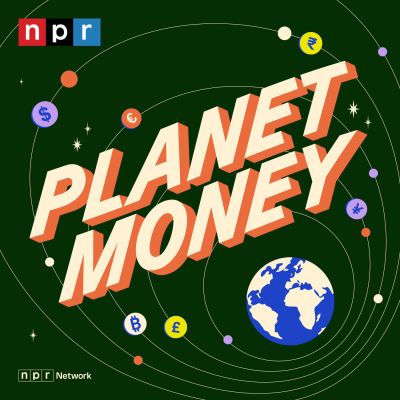Wanna see a trick? Give us any topic and we can tie it back to the economy. At Planet Money, we explore the forces that shape our lives and bring you along for the ride. Don't just understand the economy – understand the world.Wanna go deeper? Subscribe to Planet Money+ and get sponsor-free episodes of Planet Money, The Indicator, and Planet Money Summer School. Plus access to bonus content. It's a new way to support the show you love. Learn more at plus.npr.org/planetmoney
https://www.npr.org/podcasts/510289/planet-money
episode 1709: Mid-East conflict escalation, two indicators
On today's show, we look at two indicators of the economic disruptions of the war in Gaza and try to trace how far they will reach.
We start in the Red Sea, a crucial link in the global supply chain connecting to the Suez Canal, with around 15% of the world's shipping passing through it. This includes oil tankers and massive container ships transporting everything from microchips to furniture. With Houthi rebels attacking container ships in solidarity with Palestinians in Gaza, shipping lines are re-routing, adding time and cost to delivery. We look at how ocean shipping is a web more than a chain of links, and try to see which parts of the web can take up more strain as the Red Sea and the Suez Canal become too dangerous to pass.
Then, we'll consider what escalation could mean for the region's most important export: oil. Five steps of escalation each mean a ratcheting up of costs that knock on to other industries, like food. Some prices are likely to rise faster than others, though.
Help support Planet Money and get bonus episodes by subscribing to Planet Money+ in Apple Podcasts or at plus.npr.org/planetmoney.
